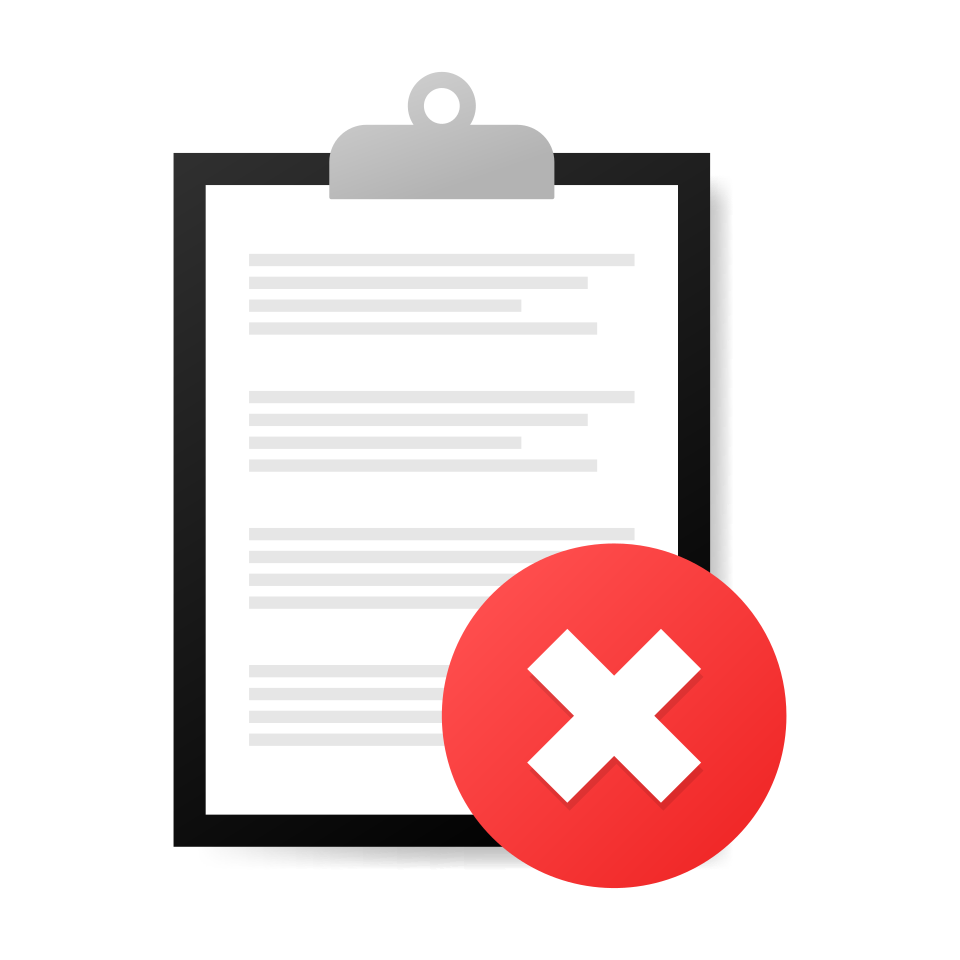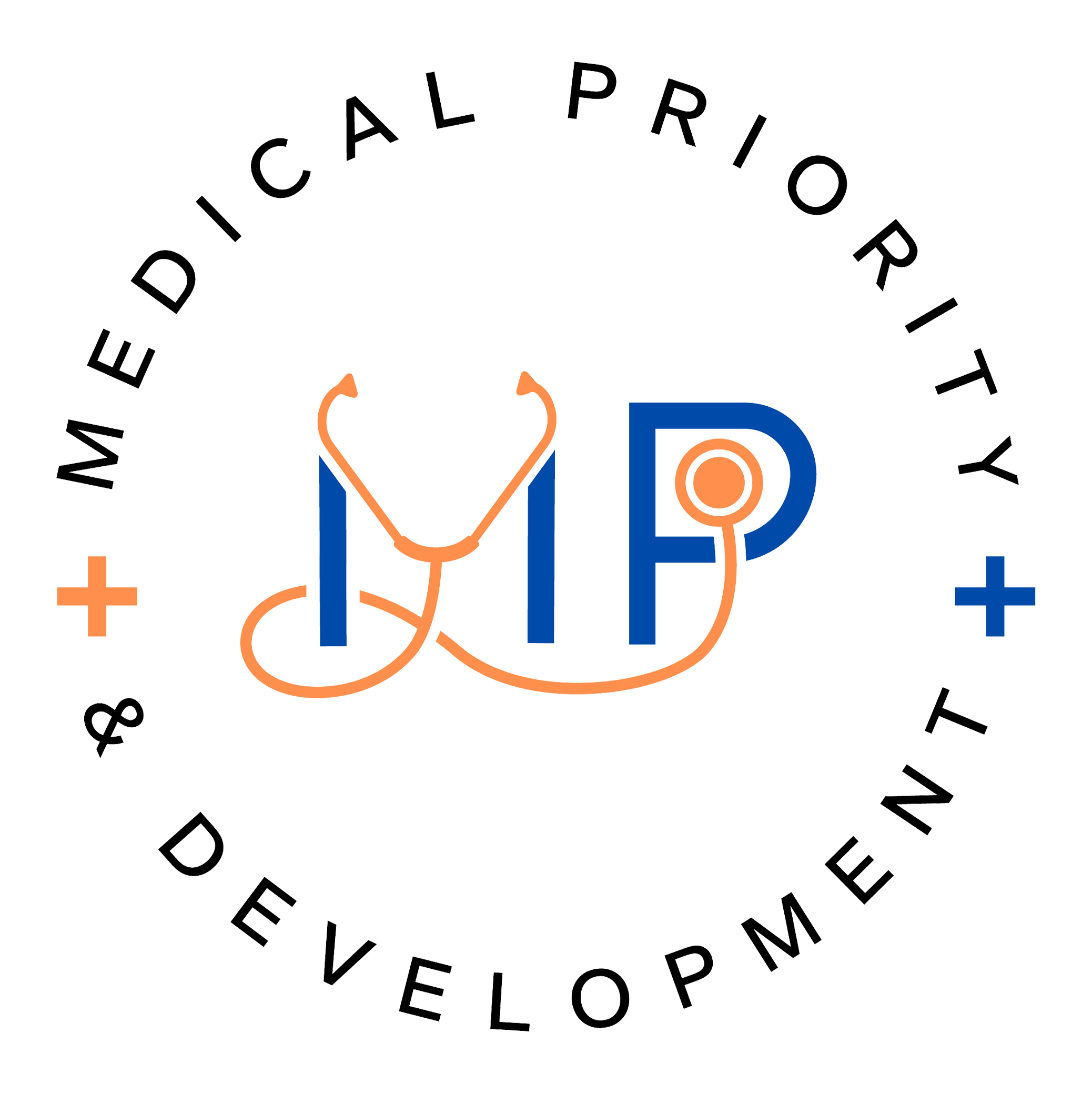- Starting at as low as 2.95%
- (713) 278-1500
- [email protected]
- Missouri City, Texas 77489
- Revenue Cycle Management

Medical Billing Audit
Our medical billing audit experts are here to provide you with a detailed analysis of your practice

Medical Billing
Our team of medical billers is fully able to provide you with clean claim submissions in no time.

Eligibility Verification
We offer quality Breakdown of Benefits and Eligibility Verification services at affordable rates.

Denial Management
We focus both on denial prevention and management to make sure the practice remains financially stable.

Account Receivables
We will make sure that your Account Receivables remain low and your overall revenue collections remain high.

Credentialing & Enrollment
We handle detailed documentation and provide medical practices with hands-on credentialing.
- Specialties
- Learn
- Contact Us
- Revenue Cycle Management

Medical Billing Audit
Our medical billing audit experts are here to provide you with a detailed analysis of your practice

Medical Billing
Our team of medical billers is fully able to provide you with clean claim submissions in no time.

Eligibility Verification
We offer quality Breakdown of Benefits and Eligibility Verification services at affordable rates.

Denial Management
We focus both on denial prevention and management to make sure the practice remains financially stable.

Account Receivables
We will make sure that your Account Receivables remain low and your overall revenue collections remain high.

Credentialing & Enrollment
We handle detailed documentation and provide medical practices with hands-on credentialing.
- Specialties
- Learn
- Contact Us
Palliative Care Billing Services
Palliative Care Billing is certainly a tedious task for medical providers across United States. Well, not anymore! With MPD Palliative Care Billing Services, the process has now become much more simple and rewarding.
MPD’ Palliative Care Billing Services
Palliative Care is considered to be one of the most important care delivery models that has witnessed gradual evolution over the past decade. It is primarily provided by nursing homes, health facilities, hospitals, or any specialized clinics working in this domain. However, the care delivery method in Palliative care goes through a set of obstructions resulting in delays.
Mostly, the delays are caused due to the operational problems faced by the Palliative Care providers when they are billing their patients for Palliative care provision. Let’s look into the benefits of billing palliative care and how the Medicare billing for palliative care can be improved as a result of good medical billing practices.
BENEFITS TO HIRE MPD
- Enhanced Cash Flow
- 99% Claim Rate
- Minimize A/R Delays
- Starts From 2.95% Of Your Collections
- Fewer Claim Denials And Rejections
- EHR Flexible Solutions
- Dedicated Team Of 100+ Experts
Schedule a call with a Revenue Cycle Management Expert
Complete Solution for
Palliative Care Revenue Cycle Management
What is the Difference between Hospice and Palliative Care?
Due to their similarities, Hospice and Palliative Care are sometimes confused with each other. However, both of these terms are fundamentally different in their usage. The Palliative Care, unlike the hospice, does not tend to focus on the illnesses that are of terminal nature, including death. Nevertheless, it focuses on the physical as well as emotional or spiritual needs of the patients and their families in dire need of care. Usually these families have life-threatening diseases and chronic illnesses.
On the other hand, Hospice Care is understood as a complete set of identified services. This is why it is necessary for these services to be carefully coordinated by a group with interdisciplinary expertise in order to cater both the physical as well as emotional needs of the patients. In all of these cases, the patients are terminally ill and require a particular patient care plan.

Palliative Care Billing: Everything You Need to Know
Process of Electing Hospice
Before the outsource palliative care billing process begins, one has to verify whether a person has actually elected hospice or not. This directs your services and you can easily navigate the claim submission process. This will help you avoid any misunderstandings leading to the provision of unrelated services, causing harm to the Palliative Care Billing.
The Clinical Credentialing Process
Like any other healthcare segment, Palliative care also has a credentialing process providers need to observe and complete. Without prior credentialing, a provider is not allowed to provide palliative care to patients. Therefore, it is highly imperative to verify before billing that the practice has a specialty code and taxonomy code issued by Medicare.
Place of Service Codes Must Be Correct
Other than the credentialing requirements, it is also important to correctly report the place of service codes where the palliative care is being provided to patients. There are multiple places where these palliative care services can be provided including outpatient offices, hospitals, nursing homes, and nursing facilities as well. All locations have their own CPT codes which have to be mentioned correctly.
Submitting the Diagnosis
While submitting your diagnosis, it is important to mark it as the primary diagnosis in order to avoid any duplication in the clinical efforts. There is always a threat of conflict in the overall treatment plans, and therefore every specialty must be very conspicuous regarding the conditions they are responsible for managing.
Avoid Claim Denials as a result of Group Practice
It is important to note that according to Medicare, the physicians working in the same group as colleagues are considered as one physician. Confusing as it sounds, but this aspect can cost physicians with higher claim denials because if a palliative care billing for a physician is done on the same day as for the other colleague to a single patient, only one claim will be billed and the other denied. This is where advance palliative care billing comes in handy as one could base the overall level of service according to the combined documentation that bills for both visits.
Documentation Process
One cannot stress enough on the fact that documentation is highly essential for claim reimbursement. Most palliative care services are subject to the pre or post-payment reviews of the payers, and one needs to ensure that the overall documentation is representing the need or medical necessity for the palliative care services.To sum it all up, one can claim that palliative care services need a robust mechanism for effective billing as the cost is highly expensive and involves substantial human resource as well. This is why the reimbursements in the revenue cycle management have to be smooth and carefully dealt with. MPD LLC, as a palliative care billing company is able to provide all the palliative care services with optimum efficacy as we have over 1000+ palliative care consultants working round the clock in 50 states across the United States.
Palliative Care Billing FAQs
Palliative care is prescribed for patients when they have a serious illness such as lung disease, cancer, kidney malfunction, and other such diseases. It can be prescribed by doctors at any stage of the illness.
Patients usually ask whether their insurance will be able to cover their palliative care. The answer to this is very simple. Most insurance plans can cover all of the palliative care but there are insurances that only cover half of it. Hence, it depends upon the insurance plan one chooses.
No, you do not have to abandon your doctor as the palliative team will work in collaboration with your doctor and you can easily get adequate palliative care in case of a severe disease.
Reviews & Testimonials
SPEAK TO OUR PALLIATIVE CARE BILLING EXPERTS
News & Events
Comprehensive Guide to Pain Management Billing and Coding
August 18, 2023
Effective Strategies for Accurate Wound Care Billing and Documentation
August 16, 2023
© 2023 Medical Priority & Development, Inc. | All Rights Reserved










